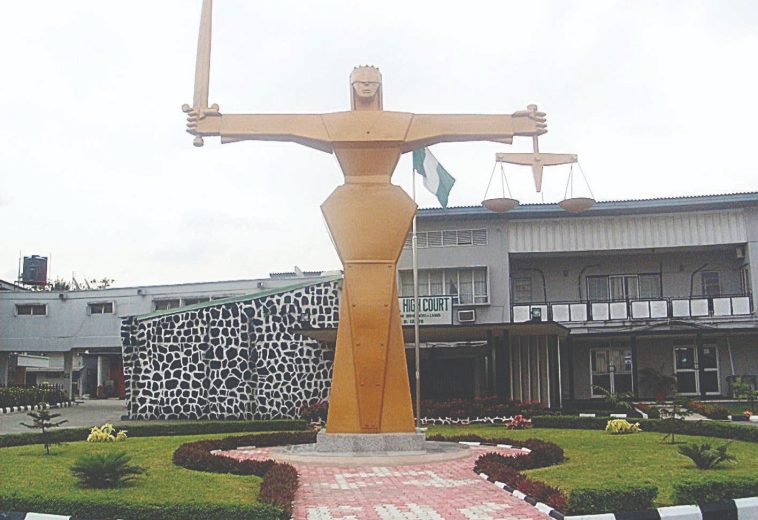Africa is a continent rich in deposits of metals and minerals like gold, diamond, cobalt, bauxite, iron ore, coal, and copper and is a major producer of many important mineral commodities. The Democratic Republic of the Congo (DRC), South Africa, Namibia, and Zimbabwe are a few of Africa’s leading mining nations. Although there have been advancements in safety, the mining sector in Africa is extremely dangerous, as the industry still faces difficulties and accounts for 8% of all fatal accidents worldwide, despite employing just 1% of the workforce. Miners are constantly at risk from toxic air, cave-ins, explosions, and extremely high temperatures. This article explores the fate of mine workers in Africa. It focuses on the dangers that mine workers face while mining in Africa, what mining companies can do to increase their wages, and how to compensate their families in the event of fatalities.
Africa’s mining industry
Each year, the mining and extractive industries contribute significantly to Africa’s GDP, export earnings, and revenue. At least 60% of African nations exported more than a third of their goods in 2019 in the form of minerals and fossil fuels. African nations rely heavily on their mineral resources for employment, foreign exchange reserves, and fiscal revenues. It is obvious that the mining and natural resources industries play a key role in the continent’s economic development.
Africa’s Mining Risks and Safety Protocols
Africa has one of the riskiest mining sectors in the world because of its reputation for explosions, cave-ins, toxic air, and extremely high temperatures. Accidents continue to be a major worry, despite improvements in safety. This industry accounts for 8% of all fatal accidents, although it employs only 1% of the global workforce.
Restrictive safety regulations, innovative technology, and superior mine ventilation systems are essential for prevention in order to handle certain dangers such as cave-ins, explosions, and poor air quality.
Health Issues and Mining Challenges in Africa
The health risks associated with mining in Africa are numerous and include exposure to dangerous chemicals, whole-body vibration that can cause musculoskeletal issues, noise-induced hearing damage, and coal dust inhalation. The sector continues to face these health concerns in spite of strengthened safety regulations.
To reduce these risks, mining companies need to have strong safety protocols, such as engineering controls, risk assessments for noise exposure, and dust management techniques. A thorough safety policy must include assessing risks such as UV exposure, managing thermal stress, mitigating chemical hazards, and avoiding musculoskeletal diseases through training.
African Mine Workers’ Challenges
African mine workers face a variety of difficulties that have an impact on their economic well-being, living conditions, health, and safety. Employee weariness is a result of long work hours and low pay, which affects both physical and mental health and performance. These difficulties are made worse by inconsistent living situations, hard work, and a lack of staff.
Addressing Miners Challenges
To address issues, comprehensive solutions should include pay increases, improved safety procedures, and better living environments. Also, a safer and more sustainable mining environment in Africa requires addressing lifestyle issues and improving health and well-being outside of the job.
Some cases of Mining Tragedies
A number of mining tragedies in Africa include the Marikana Massacre (2012) in South Africa during a wage strike; the Soma Mine Disaster (2014) in Turkey, bringing attention to global safety concerns; the Jos Lead Poisoning Incident (2010) in Nigeria due to unsafe gold mining; and the Pike River Mine Disaster (2010) in New Zealand, exposing the effects of inadequate safety standards, which indicated the urgent need for industry reforms. The 2011 Grootvlei Mine Flooding in South Africa served as another example of the dangers associated with inadequate infrastructure upkeep. These occurrences show the necessity of adopting global mining methods that give top priority to worker safety, environmental responsibility, and strict adherence to rules.
South Africa’s Mining
Mining safety issues persist in South Africa, a significant source of raw materials and the location of the world’s deepest mines. About 50 mining deaths were reported in 2022, despite increased safety rules over the previous 20 years. Past events, such as the mudslide at the Rustenburg Implats mine in 2021, point out the region’s ongoing problems with mining safety. To ensure the safety of mine workers, the industry needs to keep pushing for improvements.
A recent tragedy that occurred at Impala Platinum’s Rustenburg complex resulted in the deaths of 11 miners at the No. 11 shaft and 75 injured individuals who were hospitalized. This eventually led to a brief suspension of operations as well.
Wages
Increases in wages for mine workers are essential. African mine workers play a critical role in society, and their demands for greater compensation are a global phenomenon, motivated by these hazards and the need for fair salaries to promote worker welfare and safer mining methods throughout the continent. The necessity for equitable remuneration is noted by historical outbursts in South Africa, the Democratic Republic of the Congo, Zambia, Nigeria, and Ghana, among many others.
Compensation
Putting the wellbeing of African mineworkers first is essential to creating a mining environment that is safer and healthier; hence, addressing the needs of bereaved families becomes a top priority for mining companies following a tragic death in the industry. Creating strong compensation plans is essential for the affected families’ sense of security as well as for moral considerations. Also, strict laws guaranteeing access to medical care, education, and financial assistance for bereaved families should be adhered to.
Insurance Protection
It is mandatory for mining companies to offer their employees full-life insurance coverage. Beyond meeting basic necessities, this insurance should cover a variety of financial obligations, such as burial costs, unpaid bills, and a lump sum payout to the family, because sufficient insurance guarantees that the grieving family’s immediate financial hardships are lessened during a difficult time.
Pension Schemes
In order to provide long-term financial support to the families of deceased mining workers, it is essential to implement well-structured pension programs. In order to ensure that the family may continue to live comfortably even after the major breadwinner passes away, these plans ought to ensure a consistent flow of revenue. The years of service, the employee’s pay, or both could determine the pension.
Assistance with Education:
Mining corporations play a significant role in ending the poverty cycle and ensuring a better future for future generations by funding the education of impacted households if any tragedy occurs. Mining corporations ought to expand their educational support programmes in light of the fact that education is crucial for the children who are left behind. This can include designated cash to pay for the children of the deceased workers’ educational costs, scholarships, or tuition assistance. This initiative aids mining firms in breaking the cycle of poverty and providing a better future for the impacted families by funding their education.
Emotional support and counselling:
Companies should provide counselling services and emotional assistance to families grieving the loss of a loved one, in addition to financial support. Support groups, mental health resources, and grief therapy can assist people in overcoming the emotional pain brought on by the unexpected death of a family member.
The terrible tragedy at Impala Platinum serves as an example of the perilous fate that awaits mine workers throughout Africa. Improvements in safety and equitable compensation are critical, acknowledging the critical role that mine workers play around the world. For the benefit of mine workers and their families, strong benefits packages, insurance policies, pension plans, help for their education, and emotional support are essential.


